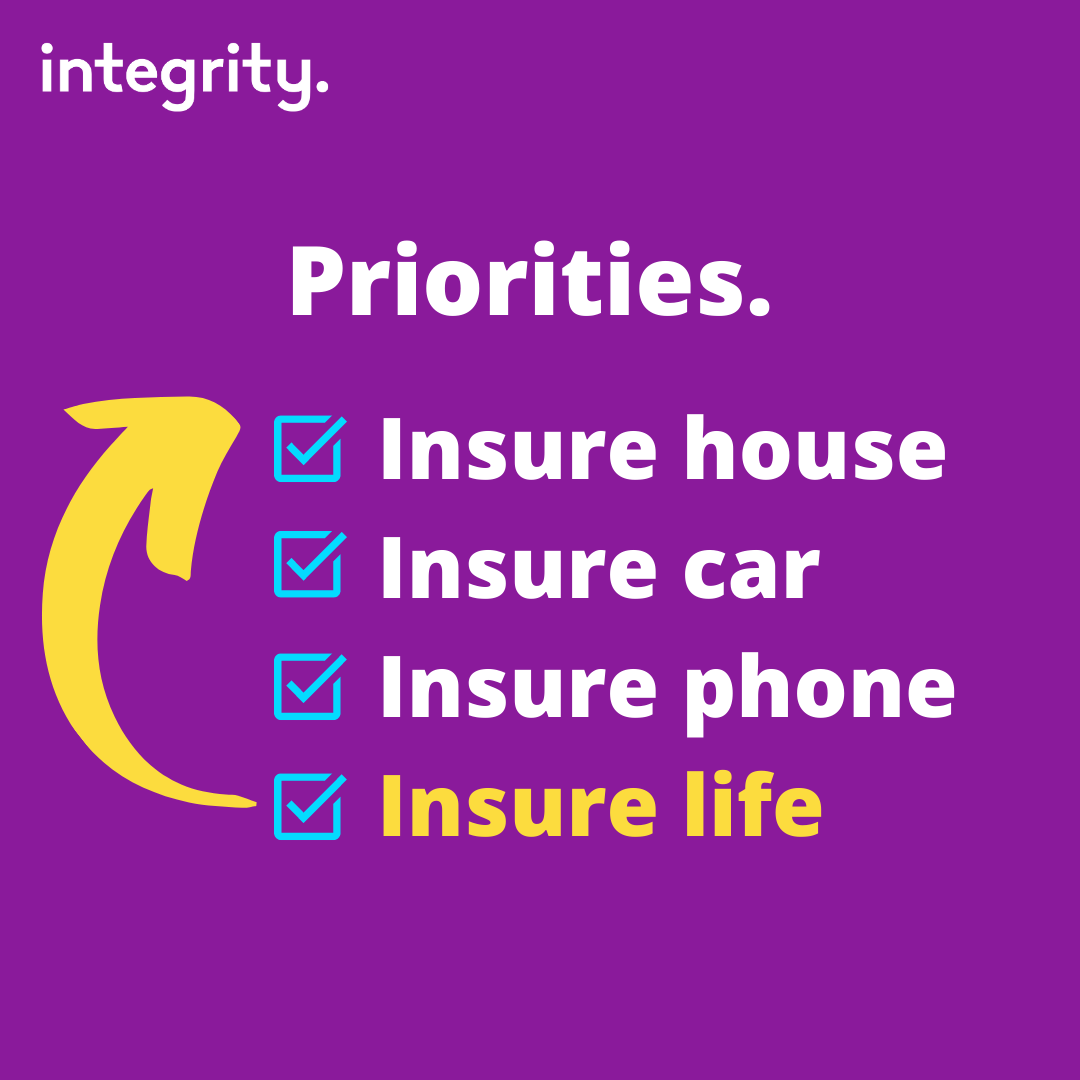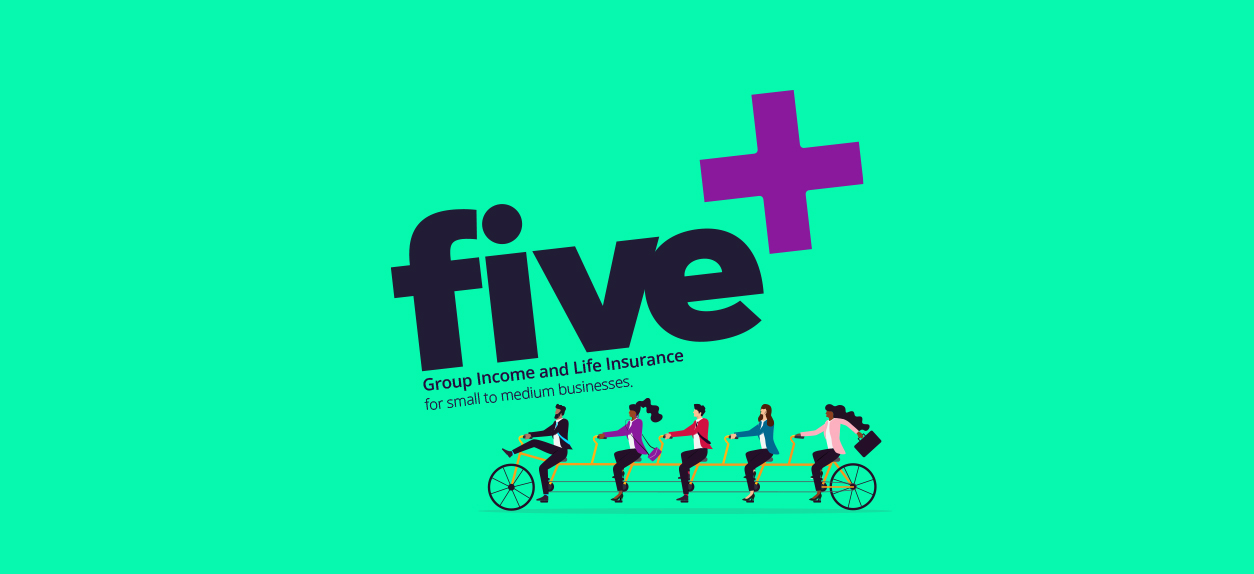Why don’t more women have adequate life insurance?
According to Financy*, just 33% of women reported having any life insurance at all, compared to 48% of men. On this, International Women’s Day, we look at two of the complex reasons why.
Life insurance is calculated by income, not contribution to the household.
The traditional calculation for how much life insurance is needed is based on your current income, the idea being that if you were to be sick, injured, or die, that is what you would need to be replaced. With women still earning less than men overall (13.4%^ – 2020) according to these calculations, women need less life insurance than men.
But the value of our life and role in the family is so much more than income. The primary purpose of life insurance is to replace a lost income when a provider of the family dies. So, in this context it makes sense for women to have less insurance than men, but if you think about a couple where the woman both works and does the lion’s share of childcare and household tasks – then the cost if she was unable to work, or if she died, is significantly higher. In fact, women do 72%# of all unpaid work in Australia.
Therefore, not only would you need to replace the income, but you would also need to replace the work to look after the kids, and the home and everything else that she contributed to the household. This is not something traditional measures take into account.
Stay at home parents may not believe life insurance is for them.
Traditionally women make up most of the stay-at-home parents in Australia and as we have explored, unpaid work doesn’t always factor into life insurance calculations. However, the financial literacy around the role of life insurance could be stopping more women having an adequate safety net in place.
When it comes to life insurance, Rice Warner’s Underinsurance in Australia 2020` report found the current level of insurance held by Australians covers 92% of basic death needs, but only 29% when it comes to total and permanent disability (TPD) insurance.
As a single parent, experiencing a major injury or illness would have even greater ramifications for both financial, emotional, and logistical support. Having insurance as a single parent, may even be more important than if a partner was available to step in.
- *https://financy.com.au/should-more-women-be-thinking-about-life-insurance/
- ^https://www.wgea.gov.au/publications/australias-gender-pay-gap-statistics
- #https://womensagenda.com.au/latest/women-undertake-72-of-all-unpaid-work-in-australia-the-consequences-are-egregious/
- ` https://www.ricewarner.com/new-research-shows-a-larger-underinsurance-gap/
Integrity Life
From the newsroom


